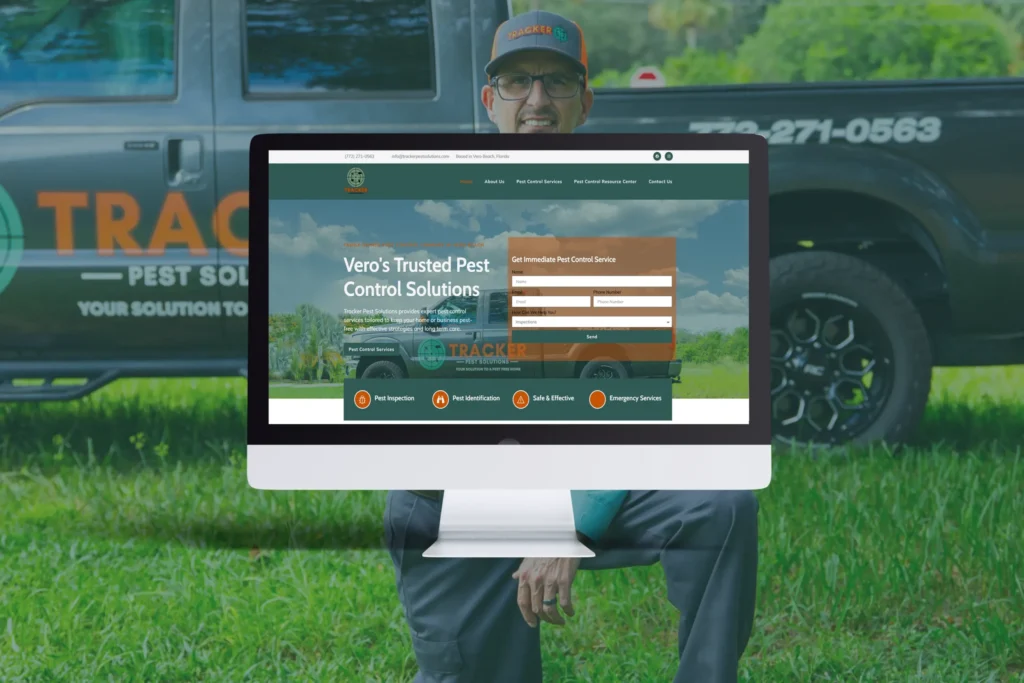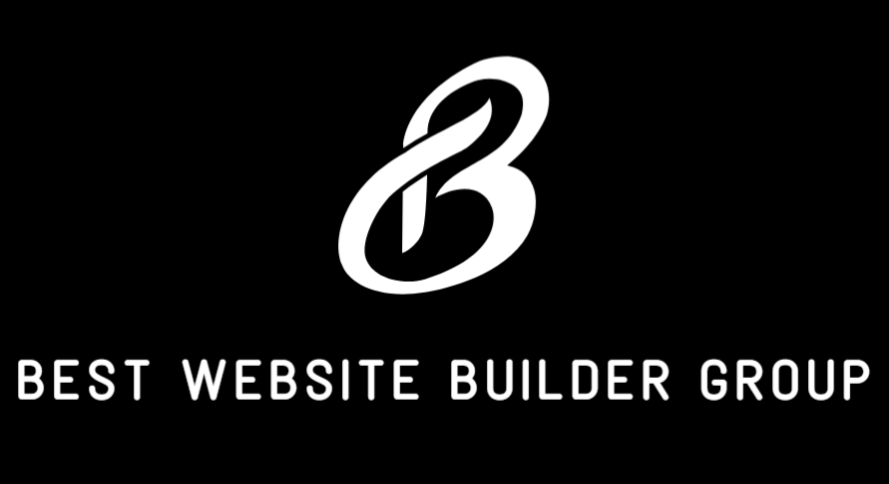The term “WordPress” is now so synonymous with building websites that many forget to ask a simple foundational question: what does the WordPress mean? More than just a catchy name, WordPress represents a global movement in open-source technology, digital freedom, and democratized publishing. At its essence, WordPress is a content management system (CMS) that allows individuals and organizations to build and manage websites without needing to code from scratch. But the meaning of WordPress goes beyond technical capabilities—it’s about empowerment, customization, and community. In this article, we’ll explore what the name stands for, where it came from, and what it symbolizes in the world of the web.

The Origin of the WordPress Name
WordPress was launched in 2003 by Matt Mullenweg and Mike Little as a fork of an older blogging platform called b2/cafelog. The name “WordPress” was suggested by Christine Selleck Tremoulet, a friend of Mullenweg, who believed it captured the essence of publishing with words in an elegant, modern way.
The term “Word” refers to content, language, and communication, which reflects the platform’s roots as a blogging tool. “Press” evokes the printing press—the revolutionary technology that brought mass publishing to the public. Together, WordPress symbolizes a digital printing press for the modern age, allowing anyone with internet access to publish their ideas and control their narrative.

What WordPress Means as a Platform
Technically, WordPress is an open-source CMS written in PHP and backed by a MySQL or MariaDB database. It provides a user-friendly interface for content creation, media management, plugin integration, and theme customization. But that definition only scratches the surface of what it means to its users.
For bloggers, the platform means a way to share stories with the world. For businesses, it means a platform for sales, lead generation, and branding. For developers, it means a flexible, extensible system that can be molded into virtually any type of digital experience.
It’s not just a piece of software—it’s a tool for creating presence, building authority, and generating impact online.

The Philosophy Behind The Company & Platform
Understanding what WordPress means also involves understanding its core philosophy. The platform is guided by the following values:
- Freedom: The platform is licensed under the GPL (General Public License), which ensures that users can run, study, modify, and distribute the software freely. This level of openness promotes innovation and prevents vendor lock-in.
- Community: Tens of thousands of developers, designers, translators, and users contribute to the platform globally. From WordCamps to online forums, collaboration is at the heart of its growth.
- Accessibility: This platform is committed to making the web accessible to everyone, regardless of technical skill. This is why even non-developers can build a full-featured site using themes and plugins.
These values shape the platform into something more than a CMS—they make it a movement.
What WordPress Means for the Internet
Today, WordPress powers over 40% of all websites on the internet. Its wide adoption means that it has influenced how websites are built, how content is managed, and how businesses engage with customers.
For designers, it means freedom to create dynamic layouts. For SEO specialists, it means control over technical settings and structure. For marketers, it means the ability to deploy campaigns rapidly. And for nonprofits, educators, and creators, it means ownership and independence on the web.
Because it’s modular and scalable, WordPress adapts to the needs of its users—whether it’s a simple blog or a full eCommerce platform using WooCommerce.
Cultural and Economic Significance of WordPress
Beyond its utility, WordPress has created its own economy. Thousands of freelancers and agencies build careers developing WordPress themes, plugins, and websites. Entire companies and SaaS products are built around serving the WordPress ecosystem.
Its impact is both local and global. In developing countries, WordPress allows small businesses and startups to create an online presence without significant overhead. In large enterprises, it provides a flexible framework that integrates with internal tools and advanced workflows.
By making website creation more accessible, WordPress has leveled the playing field for entrepreneurs, educators, and creators alike.

What It Means for You
If you’re a business owner, WordPress means cost-effective website ownership with total control. If you’re a content creator, it means you can publish without gatekeepers. If you’re just starting, it means you can launch with little more than a domain, hosting plan, and some determination.
Working with professionals like Best Website Builder Group enhances what WordPress can mean to your business. Instead of wrestling with templates or settings, you can build a site that’s tailored, strategic, and built to perform from day one.

Conclusion
So, what does the WordPress mean? It’s more than a name. It’s a platform, a philosophy, and a promise. It represents freedom, creativity, and access to the digital world. Whether you use it to run a blog, manage a company website, or launch an online store, it means you have the tools—and the right—to own your corner of the internet.
At Best Website Builder Group, we help brands turn the promise into performance. With custom development, expert strategy, and reliable support, we bring meaning to every pixel and every click.
